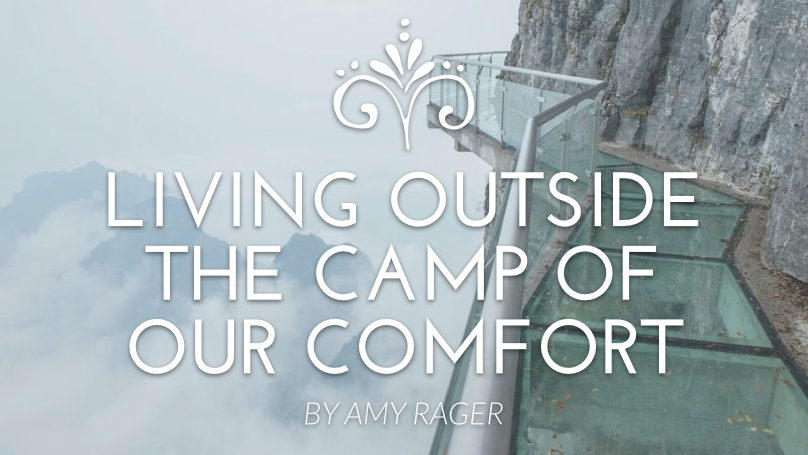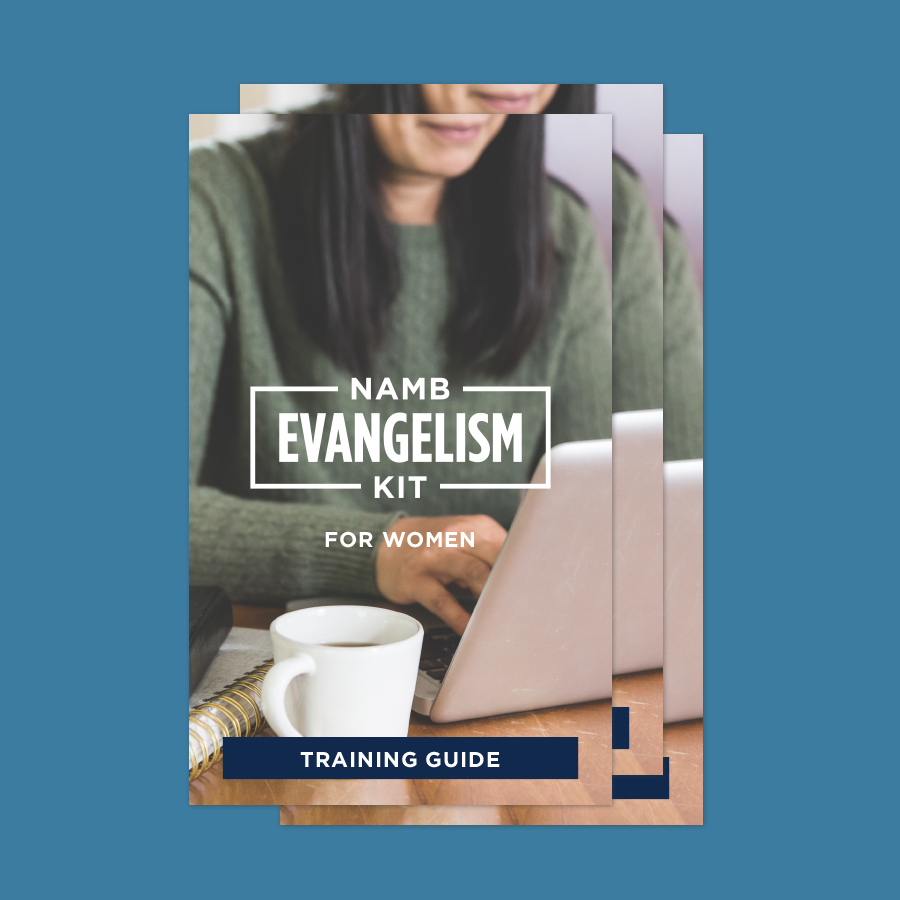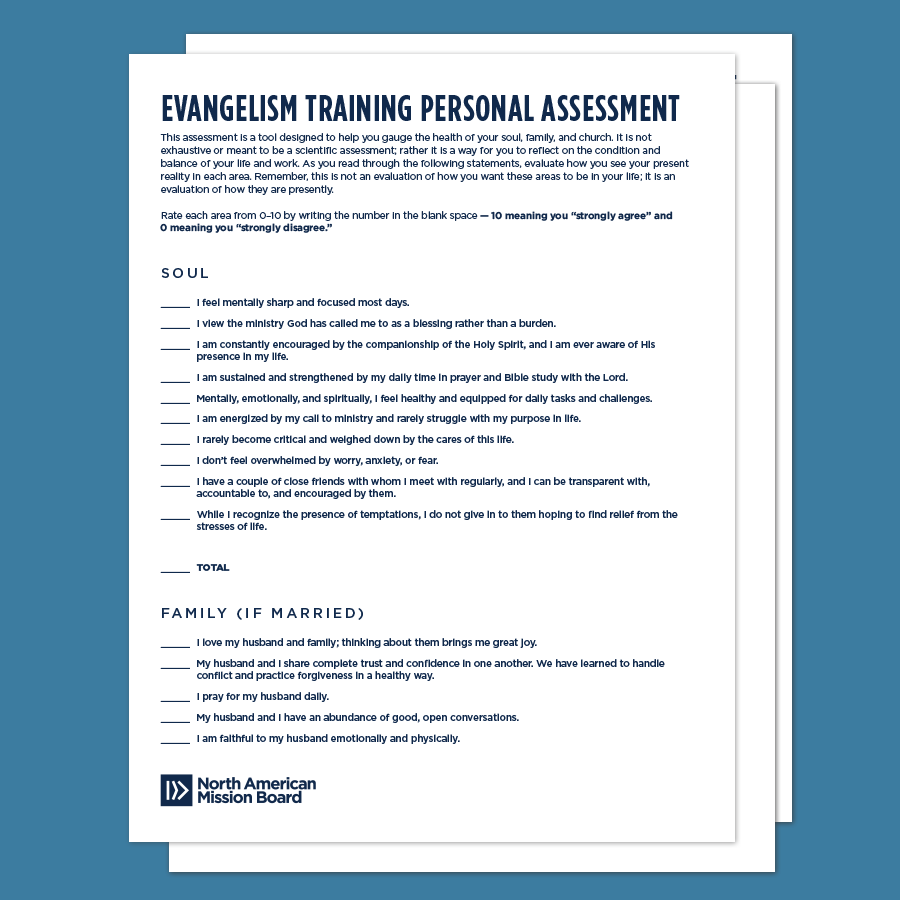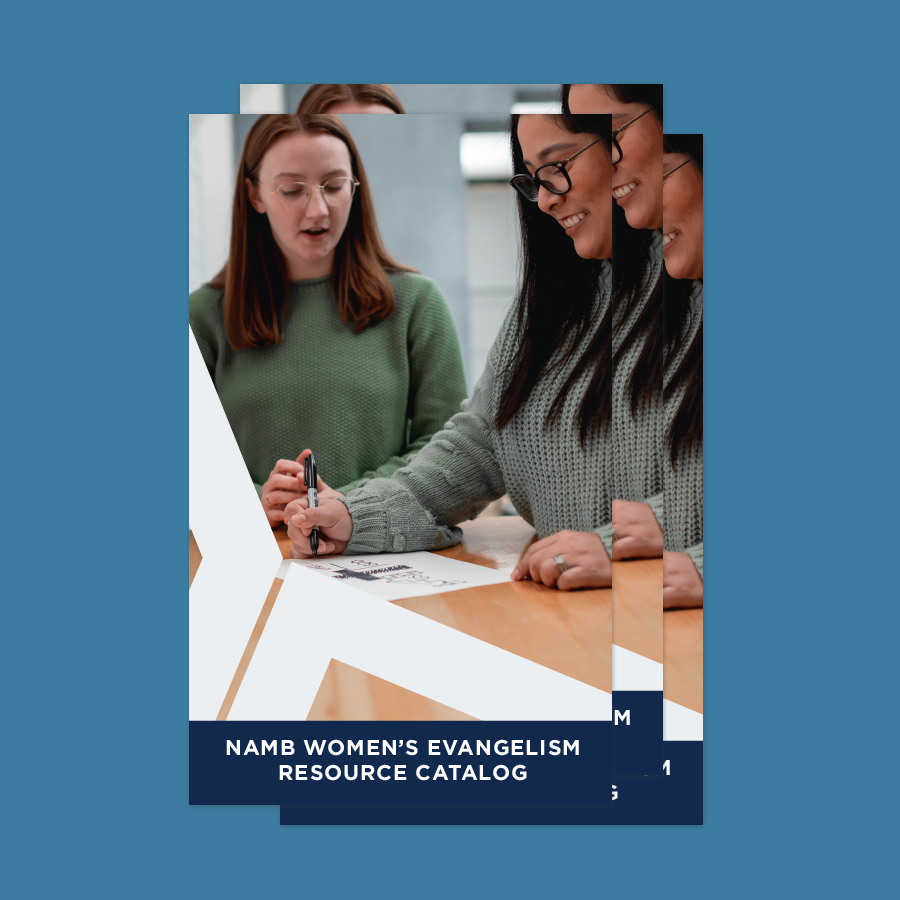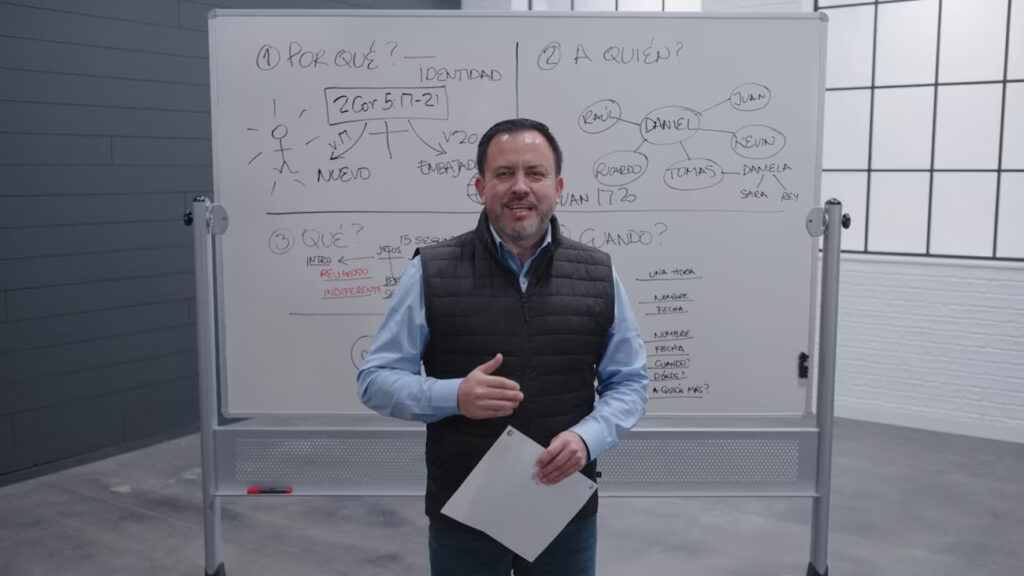Send Network: Tell us a little about the culture of your church.
Todd Engstrom: At Austin Stone, we are a church that is committed to the authority of God’s word, first and foremost, and we preach it and proclaim it with conviction to people. Second, we are a church that is, in many ways, not just giving lip service to these ideas, but practically going about making Jesus the center of the church. Finally, as a church we are very entrepreneurial. We like to try different things. We find if it is biblically permissible and potentially beneficial then we are going to go ahead and give it a shot.
Finally, we are culturally very entrepreneurial. We like to try different things. We find if it is biblically permissible and potentially beneficial then we are going to go ahead and give it a shot.
SN: Have missional communities always been a part of the culture of your church?
TE: We define a group by two things. First, a missional community is a set of relationships, not an event you attend. Second, it has a clear mission to make disciples. Originally, we had what we called community groups. They were basically larger scale gatherings of people in homes with two primary focuses – to help people find friends and to help people study the Bible. In 2006, we started to take a look at movements in the Word, rapid multiplication of the gospel and churches around the globe. That led us to do some assessments of the community groups. We found them to be very ineffective at actual community, and they just weren’t reaching lost people. As a response to that, in 2007 we began to make the change.
SN: Everyone approaches missional communities a little bit differently, how do these groups work at Austin Stone?
TE: We define a group by two things. First, it is a clear mission to make disciples. Second, it is a set of relationships, not an event you attend.
Specifically, we gather in three different ways. The first is family meal where a group will gather, usually about 10 to 15 people. We want you to have a meal together, share highs and lows and talk about what Jesus is doing in your lives, but not a formal Bible study.
The second is life transformation groups. This is where we gather in groups of 2 or 3, single gender, to talk about what they are hearing from God’s Word. They are going to confess sin to one another, remind one another of the goodness of the gospel and consider opportunities they have to share the name of Jesus.
Finally, we gather in what we call third places and interact with our lost friends. Those third place environments are characterized by being neutral, natural and regular. It’s neutral ground for a lost person; it’s a natural place that they would go, and it’s something you would do regularly.
They are going to confess sin to one another, remind one another of the goodness of the gospel and consider opportunities they have to share the name of Jesus.
SN: What is your approach in engaging people in missional community?
TE: We do a four-week missional-community training. We start with the foundation of the Bible. We are consistently reminding people that the only power for change is the gospel of Christ Jesus, and the gospel produces in us a new set of motivations and affections to love God and love people. That looks a lot like our core values we call, word, prayer, demonstrate and declare. You’re going to love God through word and prayer, and you’re going to love people through the demonstration and declaration of the gospel.
We spent a lot of time thinking through assimilation early on in the ministry here. One thing that I found to be true is that it is far better to start new groups than it is to plug people into existing ones. I did statistics on it. When we tried to plug people into existing communities, around 10 percent of people would actually stick with a group. It was a bad success rate for a lot of effort. So when we focused our energy on starting new groups, we found it was about a 65 to 70 percent affective, and we have seen 85 to 90 percent at times.
SN: What is the size and demographics of your missional communities?
TE: We use geography more than anything to help people connect. Then we disciple them from there and help them take next steps. As far as size goes, on average, they are around 11.6 people, but we have groups that range from 4 people to 60 people. So it’s a pretty broad distribution.
SN: Why would you recommend the approach of missional community to other churches?
TE: When I think about a theologically-driven, philosophically-applied idea in culture that practically fleshes itself out in discipleship, I think about missional communities. In my opinion, it’s one of the best ways to help people be disciples in American culture. A lot of times churches may challenge individualism with small group life, and challenge materialism with a generosity series, but they often leave consumerism untouched. They don’t expect people to take ownership of discipleship or ownership of their community, but continue to feed them that. That’s why I think missional community is truly counter-cultural in a lot of ways. It’s your job to take ownership. We train them in how it works, and give practical ways to live it out overtime.
When I think about a theologically-driven, philosophically-applied idea in culture that practically fleshes itself out in discipleship, I think about missional communities.
SN: What do you think of the future of the missional communities?
TE: I think it’s still pretty easy to be successful in the culture we are in. Culture is rapidly changing, though. You can basically do Sunday’s excellently, and do well as a church. I think increasingly, as culture becomes more hostile towards the Christian faith, it’s going to force us to get to a place where we have to adapt, but for now we really don’t.
Dr. Todd Engstrom is the Executive Pastor of Ministries at The Austin Stone Community Church in Austin, Texas. Additionally, he directs the efforts of The Austin Stone in church planting – training, resourcing and deploying church leaders to glorify God wherever they are. Finally, he regularly speaks, writes and consults with churches on the topics of missional communities and organizational leadership. At home, he is husband to Olivia, father to five kids, and a missionary in his neighborhood.
Published December 3, 2015
